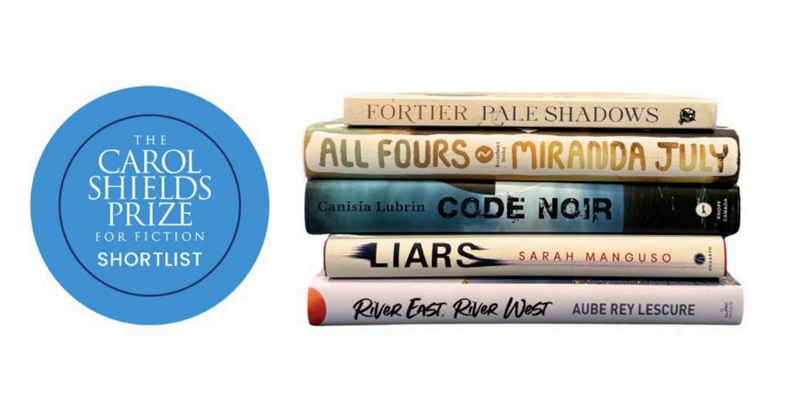I Know Why the Caged Bird Sings introduces an impressive woman. Though Maya Angelou – poet, actress, singer, dancer, journalist and black activist – does not describe her adult activities in this first instalment of her four-part autobiography, her varied talents shine in the vivacity with which she evokes her childhood. This was largely spent in Stamps, Arkansas, a rural, black community that she remembers as pivoting around church, revival meetings and her grandmother’s general store.
Angelou’s experience seems to fall naturally into emblematic scenes, such as her arrival in Stamps at the age of three with a name-tag on her wrist. Her father had shipped her home from California to be raised by a grandmother whose fondness for piety and corporal punishment might have stunned Dickens. Angelou notes without resentment that piety was a source of strength when survival was dicey and that in the old South, Black families were so worried for their children that discipline had to be fierce. “For this reason”, she observes, “Southern Blacks until this generation could be counted among America’s arch conservatives.” Piety was pleasing, too, in that whites could be expected to fall below its standards and “spend eternity frying in the fires of hell”. Thence, no doubt, came such puzzling exaggerations of these standards as led to the small Angelou being whipped for saying “by the way”. Jesus, explained her grandmother, was the Way, so to use this expression was to take his name in vain.
A visit to her pretty mother in St. Louis compounds the child’s bafflement. The mother works in a gambling parlour, and ethics on the city streets are worlds away from Arkansas. Bewildered by adult behaviour and perhaps too eager for affection, the eight-year-old girl is raped by her mother’s lover – who is then found kicked to death behind the slaughterhouse. Unsure how responsible she is for this – her uncles probably did the kicking – she retreats into muteness and is soon shipped back to her grandmother. This episode, handled with moving tact, is the best thing in the book; Angelou has a delicate feel for the way children react to the opacity and slipperiness of the world. She is excellent, too, at portraying community life, first in the South and later, during the war, in San Francisco, where she goes to live with her mother at a time when blacks are moving into districts freshly vacated by the interned Japanese – an ill wind.
Verve, nerve and joy in her own talents effervesce through this book. A product of the 1960s, it was first published in the US in 1969 and has the faults as well as the qualities of that decade: though brilliant with the particular, Miss Angelou can be sententious when moved to generalize. For example: “The Black female is assaulted from her tender years by all those common forces of nature at the same time that she is caught in the tripartite crossfire of masculine prejudice, white illogical hate, and Black lack of power … The fact that the adult American negro female emerges a formidable character is … seldom accepted as an inevitable outcome of the struggle won by survivors and deserves respect if not enthusiastic acceptance.”
Is the rhetoric also inevitable, a survival aid like her grandmother’s piety? In literary terms, if so, this is a pity, but after all, we put up with preachy bits in books like Moll Flanders, and the compensatory pleasures here are no less stimulating.
The post Survival aids appeared first on TLS.

 By Times Literary Supplement | Created at 2025-04-03 23:59:00 | Updated at 2025-04-04 21:16:57
22 hours ago
By Times Literary Supplement | Created at 2025-04-03 23:59:00 | Updated at 2025-04-04 21:16:57
22 hours ago








